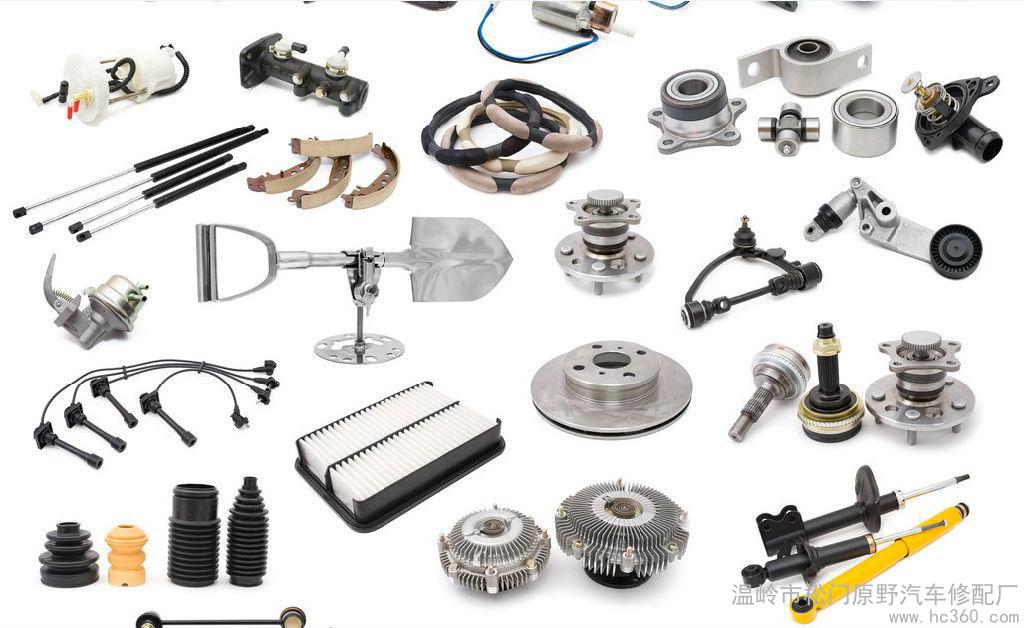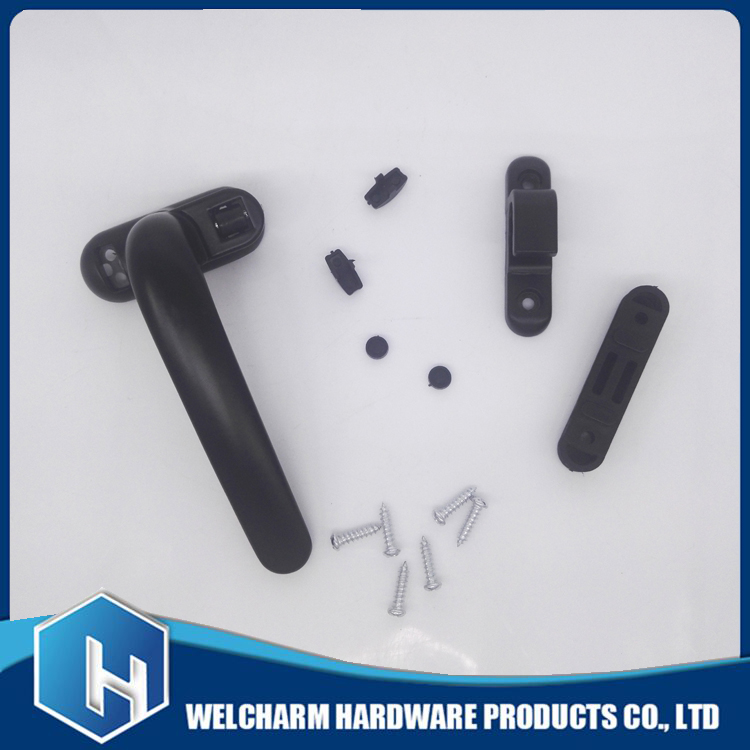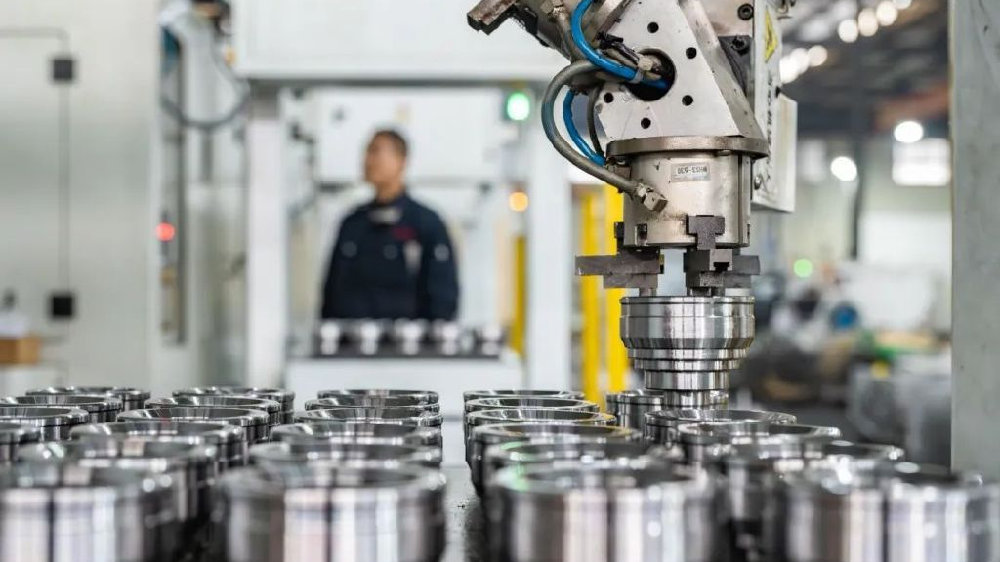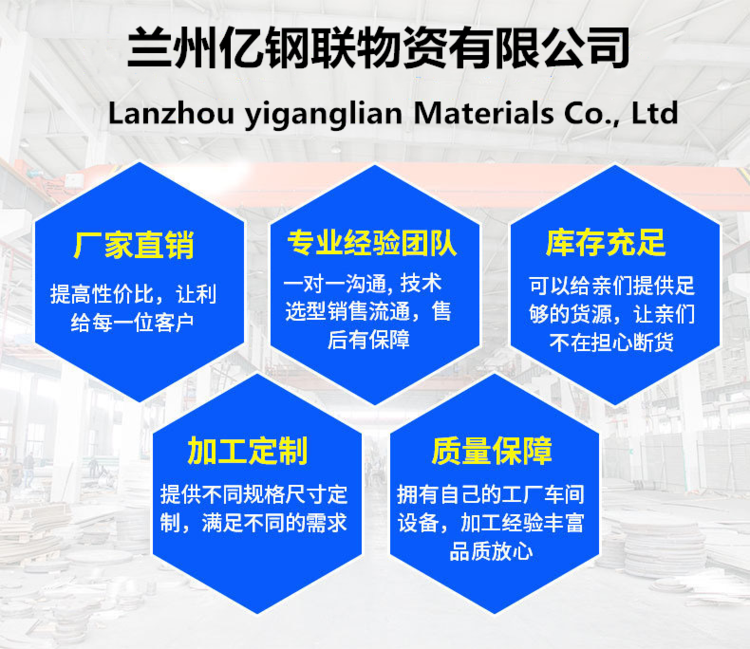Aluminum alloy hardware fittings: an overview
This article provides an overview of aluminum alloy hardware fittings, including their definition, types, and applications. Aluminum alloy hardware fittings are important components in various industries, offering lightweight, high-strength, and good corrosion resistance. Common types include bolts, nuts, washers, and screws. These fittings are often used in aircraft, automotive, and marine industries, as well as in construction and electronics. In addition, aluminum alloy hardware fittings are also commonly used in sports equipment, due to their lightweight and high-performance characteristics. Finally, this article highlights the benefits of using aluminum alloy hardware fittings, including cost-effectiveness, versatility, and sustainability.
Aluminum alloy hardware fittings are essential components in various industrial and construction applications. These fittings are made from aluminum alloy, a strong and lightweight metal that offers excellent corrosion resistance and thermal conductivity. Aluminum alloy hardware fittings are commonly used in the automotive, aerospace, and marine industries, as well as in construction projects.

In the automotive industry, aluminum alloy hardware fittings are employed in various applications, including car bodies, chassis, and engine components. The lightweight nature of aluminum alloy allows for a significant reduction in vehicle weight, which in turn improves fuel economy and reduces CO2 emissions. Additionally, its high corrosion resistance ensures that these fittings can withstand the harsh environments found in automobiles.
The aerospace industry also makes use of aluminum alloy hardware fittings. These fittings are commonly found in aircraft components, such as wings, fuselage, and landing gear. The high strength-to-weight ratio of aluminum alloy ensures that these fittings can support the heavy loads encountered in aerospace applications. Additionally, its excellent thermal conductivity helps to dissipate heat quickly, preventing component failure due to overheating.
In the marine industry, aluminum alloy hardware fittings are commonly used in shipbuilding and boat construction. These fittings are employed in various applications, including hulls, decks, and superstructures. The same properties that make aluminum alloy ideal for automotive and aerospace applications also make it suitable for marine use: it is lightweight, strong, and offers good corrosion resistance.
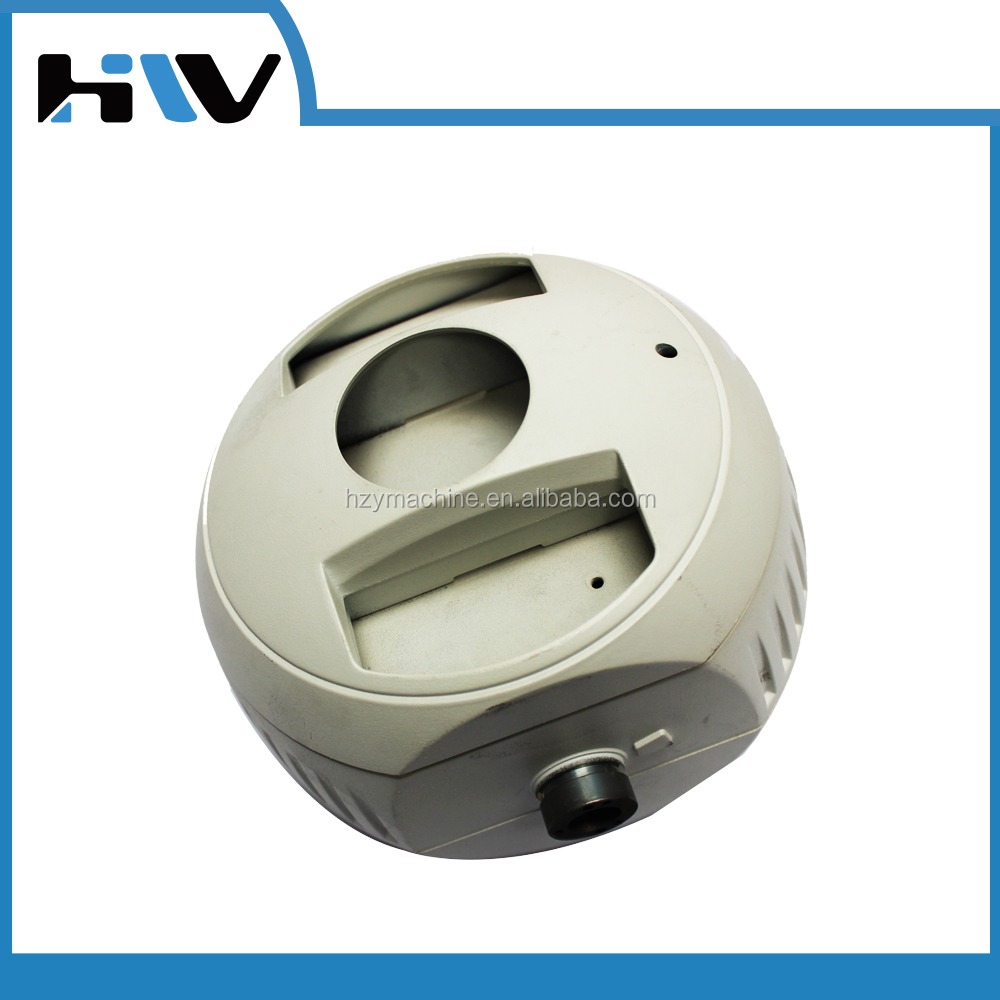
In construction projects, aluminum alloy hardware fittings are used in various applications, including windows, doors, and partitions. The lightweight nature of these fittings allows for easy installation and handling. Additionally, their high corrosion resistance ensures that they can withstand the harsh weather conditions found in construction sites.
In conclusion, aluminum alloy hardware fittings play a crucial role in various industrial and construction applications. Their lightweight nature, strength, and excellent corrosion resistance make them suitable for a wide range of applications. With the increasing demand for lightweight and durable materials in various industries, the use of aluminum alloy hardware fittings is expected to continue growing in the future.
Articles related to the knowledge points of this article:
Title: Exploring the Excellence of Hunans Energy-Efficient Hardware Components and Supplier Network
Title: Camel Hardware Components: A Durable and Reliable Solution for Your Mechanical Needs
Wooden Box Hardware Accessories: An Essential Guide
White-Gou Baggage Hardware Accessories: A Guide to Quality and Selection
Chinese Window and Door Hardware Brands: A Showcase of Quality and Innovation
Manufacturing Excellence: The Art of Machine Tool Hardware Processing in a CNC Machine Shop
